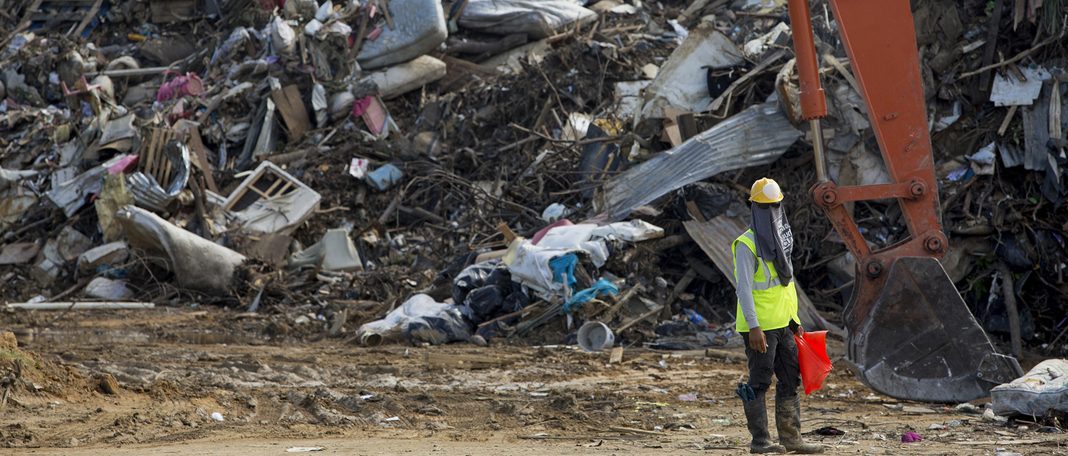A new study at the Rutgers University School of Public Health has revealed the impact of metal exposure in pregnant women. Exposure to metals such as nickel, arsenic, cobalt, and lead is said to instigate preterm labor in women. The research says that this exposure can also cause low birthweight in babies, and other fatal health problems to the mother and fetus.
With Puerto Rico contributing nearly 12% to the entire percentage of preterm birth in the US, researchers say that it might be because of the number of Superfund sites in the island. Puerto Rico is a Caribbean island and one of the oldest American colonies. Along with being a popular destination for tourists from all over the world, Puerto Rico also remains a crucial place for landfills and metal waste dumps. There are around 18 active Superfund sites in the island alone.
Superfund sites are places where active dumping of metal wastes takes place and these sites are identified as highly polluted areas that are due for long-term cleaning. The Comprehensive Environmental Response, Compensation, and Liability Act proposes to clean the abandoned hazardous sites that may cause a threat to the environment. A ‘Superfund’ is allocated to clean up these areas that are extremely toxic to the people living in the area.
People residing in places close to these Superfund sites are exposed to chemicals through underground water, air, and food leading to various ailments, health issues, brain damage, and cancer. This is a major threat especially with pregnant women. Metal wastes that include nickel, arsenic, cobalt, and lead can alter the hormonal balance of women in their pregnancy. This alteration in female sex-steroid hormones ultimately leads to babies born with low birth weight and less immunity.
“A delicate hormonal imbalance orchestrates pregnancy from conception to delivery to perturbations of this balance may negatively impact both mother and fetus”, says Zorimar, a professor at Rutgers. She also added, “Additionally, exposure to environmental pollution is exacerbated by extreme weather events, such as hurricanes, droughts, and flooding, which may result in elevated exposure to Superfund sites”.


















